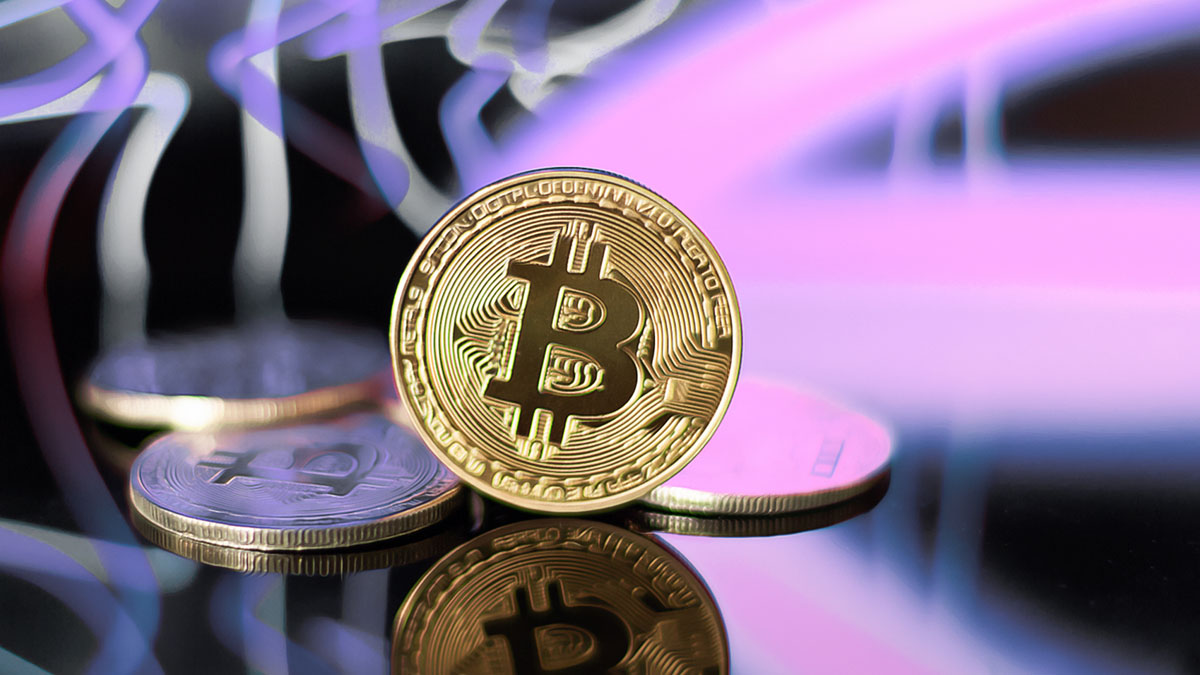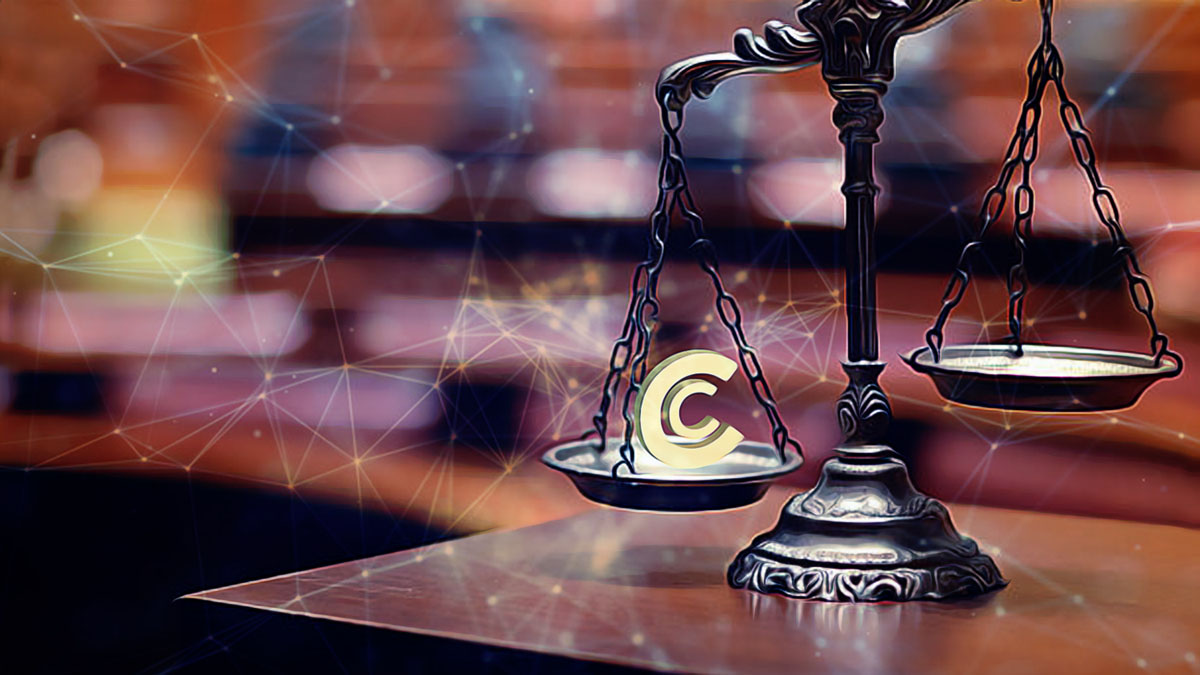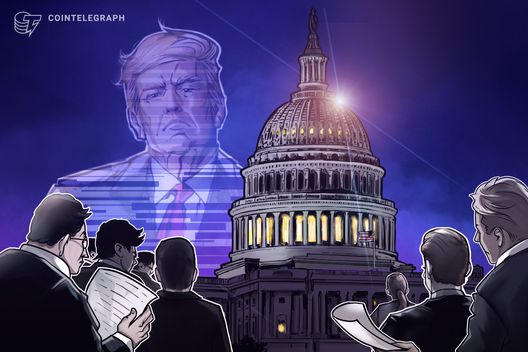The unexpected shutdown of Strike CEO Jack Mallers’ personal bank accounts by JPMorgan Chase has reignited debates about “debanking” initiatives within the US financial sector, specifically targeting cryptocurrency entities. Mallers took to social media to disclose the abrupt closure, which came without any clear explanation, merely citing “suspicious activity” in a letter from the bank. This incident has shed light on the persistent scrutiny faced by crypto enthusiasts within traditional banking systems.
Unexplained Account Closures Raise Questions
Jack Mallers disclosed his surprise at discovering last month that JPMorgan Chase had terminated his accounts without any forewarning. The bank declined to provide a reason, simply stating, “We cannot tell you why.” The situation is particularly perplexing given that Mallers’ father had maintained a private client relationship with the bank for over three decades.
The bank’s official communication cited “concerning activities” detected in Mallers’ accounts and notified him that he would not be allowed to open new accounts at the bank in the future. The bank justified its decision by pointing to regulatory requirements that aim to safeguard the financial system’s integrity.
The incident underscores the challenges that CEOs in the cryptocurrency space encounter in accessing traditional banking services. As Mallers’ experience circulates on social media, it raises questions of a broader government-sanctioned pressure tactic against crypto-friendly ventures.
Is There a Resurgence of Banking Restrictions?
The situation has sparked renewed debate over the concept dubbed “Operation Chokepoint 2.0” within crypto circles. This theory suggests that some U.S. banks, under governmental influence, deliberately avoid servicing individuals and businesses in the cryptocurrency realm. Despite the Biden administration’s purported involvement in such practices, the conversation now turns to discussions about financial autonomy.
While a previous executive order by former President Trump aimed to counteract these restrictions, and announcements from the Digital Asset Markets Working Group claimed the complete cessation of Operation Chokepoint 2.0, Mallers’ predicament suggests hidden obstacles persist.
Support for Mallers from within the industry includes comments from Paolo Ardoino, CEO of Tether, who remarked,
“This is the best thing for you. Bitcoin will stand the test of time, and those who try to suppress it will fade away.”
Ardoino’s words echo the sentiments of many who believe traditional finance entities continue to resist the growth of digital currencies.
Mallers’ case points to significant concerns for the cryptocurrency sector’s relationship with established financial institutions. Key observations include:
- Unspecified account closures hindering operational continuity for crypto-focused entrepreneurs.
- Ongoing debates about regulatory pressures under current and past governmental policies.
- Strong community backing signifying a shift toward decentralized financial ideals.
Undeterred by these challenges, figures like Mallers and supportive voices from the crypto industry continue to advocate for a future where digital currencies hold a significant place alongside traditional financial systems, despite ongoing resistance and scrutiny.
Disclaimer: The information contained in this article does not constitute investment advice. Investors should be aware that cryptocurrencies carry high volatility and therefore risk, and should conduct their own research.

















 English (US)
English (US)